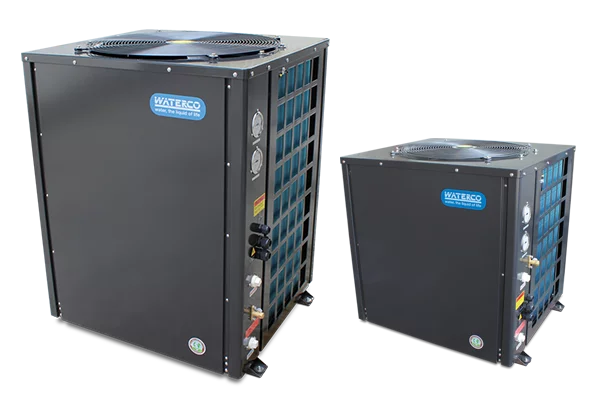
Water heaters are now a common electrical appliance that people use for their own comfort and needs. The high demand has helped in the introduction of diverse types of water heaters for a wide range of purposes.
Some of the more common types of water heaters in Malaysia include storage water heaters, instant water heaters, heat pump water heaters, and solar water heaters.
Among all the water heaters that are available on the market, solar water heaters are the most sought after. This is because these environmentally friendly water heaters consume less energy and can help reduce the electricity bill.
In fact, solar water heaters could help save up to about 70-80% of electricity. Read on to find out.
Types of Water Heaters
The hot water system is usually found in homes, hospitals, and other places where a hot water heater is used when needed.
There are different kinds of water heaters that work well in different places and for different budgets. It is important to understand the types of water heaters to select the most suitable one for your desired purposes.
Some of the most important types of water heaters are the following:

Storage water heaters
Storage water heaters are common because they are affordable and provide fast heating features. The quantity of water stored depends on the type and size of the tank. For more water supply, one should choose a larger storage tank.

Instant water heaters
An instant water heater also comes under the preferred heater's category due to its effectiveness. It is compact in size, which means it requires minimal space in comparison to other heaters. Most often than not, instant water heaters are best used in the kitchen or other places where less water is needed.
Although water are may be supplied by household pumps (much like the Australian Davey brand of water system), one advantage of instant water heaters is that they are easy to install.

Heat pump water heaters
A heat pump water heater is also referred to as a hybrid water heater. It is both energy-efficient and affordable. It consumes little electricity as it uses heat from the air and ground to heat water.
Heat pump water heaters are better than traditional heaters because they heat water more efficiently. However, the difficulty in installing such heaters and their high upfront cost often come up as issues of concern.

Solar water heaters
One of the best water heaters that can be used extensively is the solar water heater. It is extremely efficient and is used for renewable energy water heating.
Solar water heaters convert solar energy into electricity, making them one of the most environment-friendly options. A solar hot water system functions effectively as a heater and contributes towards reducing environmental impacts.
How to Choose a Water Heater
Choosing the right water heater can be challenging, especially with so many options available on the market. To pick one that is right for you, consider several factors such as your hot water needs, budget, energy efficiency, and safety.
According to research, cooling and heating use the most energy in most homes (47% of total energy use). This is followed by water heaters, which account for 14% of energy use. In other words, choosing a solar hot water system will lead to a significant reduction in energy use and electricity consumption.
In a Nutshell
Malaysia's solar hot water system is one of consumers' preferred choices for its utilization in different circumstances. It is also preferred because it is environmentally friendly.
The affordable and long-lasting SolarMate Classic Solar Panels are one of the most popular choices in this regard. It is designed with high heat absorbance and low emittance, coupled with well rounded insulation for maximum efficiency.
Moreover, the SolarMate Electroheat Hot Water System heats water using ambient air, making it a highly efficient and low cost method of water heating with minimal power consumption and carbon emissions.
Since it does not require sunlight, unlike solar hot water systems, it is another great option for places with less sunlight exposure.
